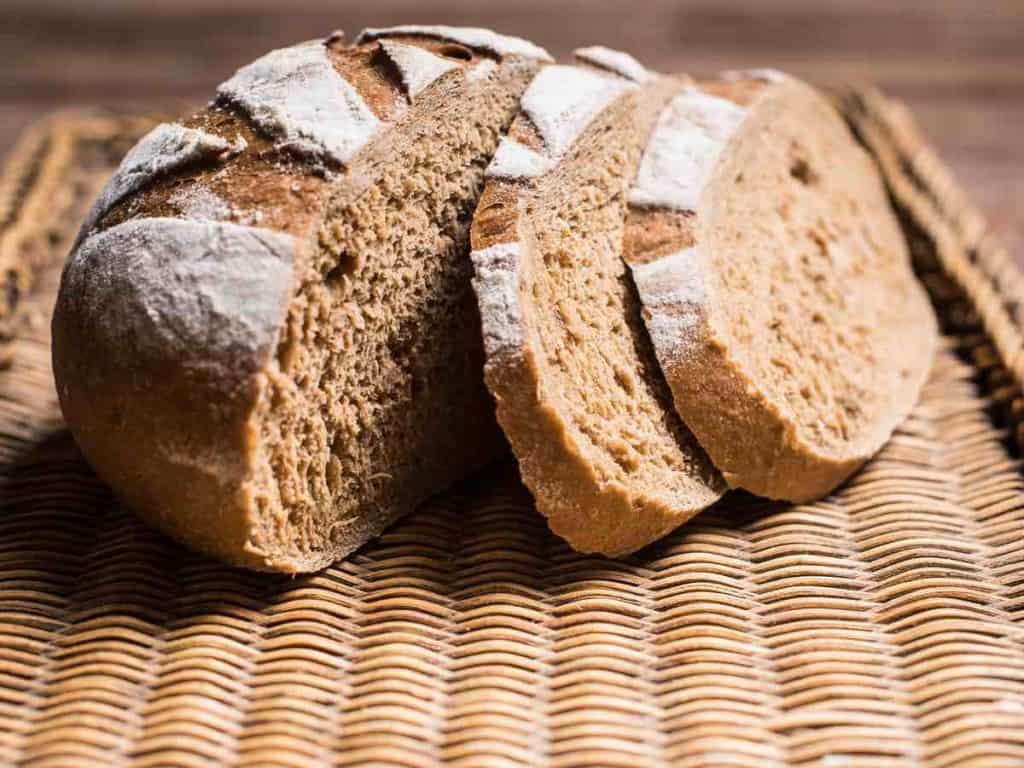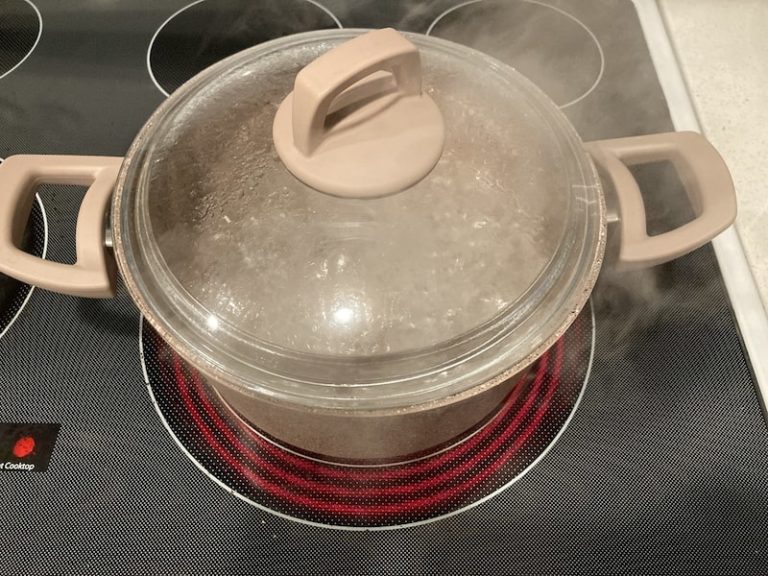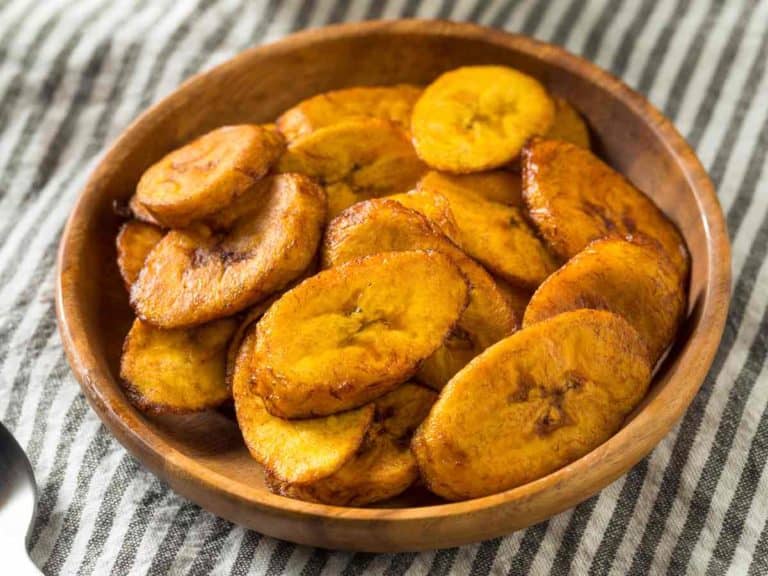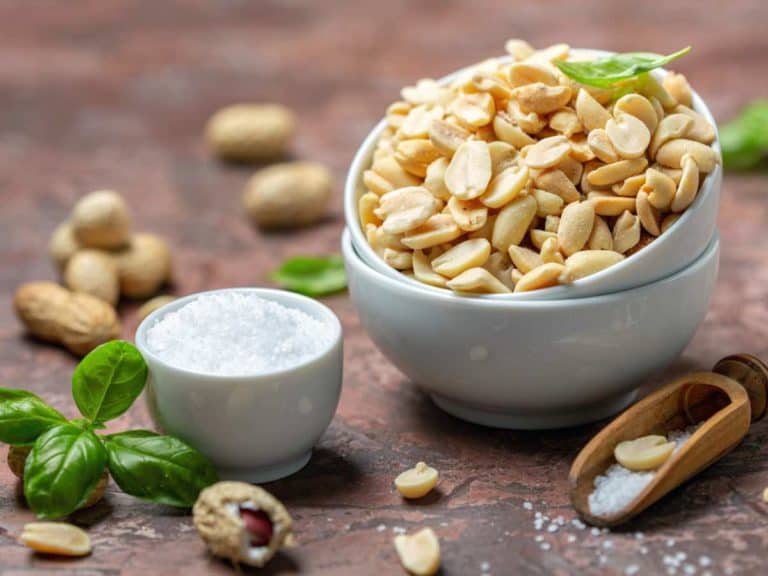Best Flour for Artisan Bread
Artisan bread. The name alone makes it clear that it’s no ordinary bread. It is made not only with love but also from the finest ingredients.
It’s due to this why besides being a tad more expensive than other types of bread, it tends to please the taste buds better. And now you may be wondering: What is the best flour for artisan bread?
The best flour to use for making artisan bread is all-purpose wheat flour that’s both organic and non-GMO. For making artisan bread that’s safe for people with gluten sensitivity or celiac disease, the best flour to use is gluten-free flour. Some good examples are cassava flour and almond flour.
Different baking experts define artisan bread differently.
Some say that it is made using nothing but traditional ingredients only: flour, water, salt, and yeast. Others say that artisan bread is handmade and has an irregular shape.
No matter the definition of artisan bread, one thing remains true: it is a delight to make and eat.

For the best experience, it’s a wonderful idea to use the right flour.
Nothing can make artisan bread more exceptional when it is made from organic flour free from anything that you don’t want to put in your mouth and the mouths of your loved ones or customers.
Read on if you are on the hunt for the best flour for artisan bread.
Central Milling Company Old World Bread Flour

One of the nicest things about Central Milling Company 100% Organic Old World Bread Flour is that the company that produces it, which is employee-owned, has been around for 150 years.
The flour’s maker came into being back when growing wheat did not involve the use of pesticides. To date, it gets its organic wheat from family-owned farms. Due to this, the product is 100% certified organic. It contains no additives, too, and is GMO-free, kosher, and vegan.
If you want your artisan bread to stand out not only taste-wise but also in terms of its nutritional profile, consider getting your hands on Central Milling Company 100% Organic Old World Bread Flour.
That’s because it’s type 80 flour. It means that it is a semi-polished kind of flour with many of its nutrients intact.
Many people who wish to shed off excess pounds steer clear of foods with empty calories. In essence, they are foods that offer nothing but calories. White bread is a very good example of an empty-calorie food.
Since Central Milling Company 100% Organic Old World Bread Flour contains various nutrients found in the bran, any resulting baked product, artisan or otherwise, is good for the heart and soul.
Still, it’s important to follow the right recipe to come up with something that the taste buds will enjoy and the overall health can benefit from.
When you inspect the contents, you may see some dark-colored specs. Those are not dirt. They are referred to as “ash” — tiny bits of the bran, which is nutrient-dense, that has remained after milling organic wheat.
Central Milling Company 100% Organic Old World Bread Flour may not be the whitest flour on the face of the planet alright.
However, it is one of the most nutritious. Artisan bread doesn’t have to look amazing and tastes phenomenal only. With the right flour, it can be an excellent source of health-giving nutrients, too.
Arrowhead Mills Organic All-Purpose Flour

If you are a health-conscious baker, it is a good idea to use Arrowhead Mills Organic All-Purpose Unbleached Flour for making artisan bread. Besides being organic, it is unbleached, too.
Different types of flour are suited for different baking purposes. For making quick bread, pie crusts, cookies and waffles, bleached flour is recommended.
However, there is a problem: bleached flour is flour whose aging process is accelerated by bleaching agents. Some common examples include chlorine gas, bromates, and benzoyl peroxide.
In Europe and other countries, bleached flour has been banned since the early 1990s.
That’s because health experts believe that the bleaching agents used for bleaching flour may increase one’s risk of having cancer.
Going for Arrowhead Mills Organic All-Purpose Unbleached Flour for making artisan bread is a great idea if you don’t want to risk it.
That’s because it’s unbleached — it is not tainted with any chemicals that may cause cancer to show up. What’s more, the product is certified by the United States Department of Agriculture (USDA) as organic.
The maker of Arrowhead Mills Organic All-Purpose Unbleached Flour was born in the Texas Panhandle in the 1960s. The times may have changed alright.
However, the company didn’t change at all milling process-wise. It still uses the same milling process, which is why its offering is organic through and through.
The flour is made from a specific type of wheat: hard red winter. Flour made from this wheat type is good for the health. It’s because it is packed with protein, fiber, iron, selenium and manganese.
By the way, Arrowhead Mills Organic All-Purpose Unbleached Flour is certified kosher by the Orthodox Union. It is also certified non-GMO by the Food Chain ID (FCID).
So, if you want nothing but artisan bread that won’t make you feel guilty while enjoying it or handing it out as a gift, consider using this particular brand of organic flour.
Otto’s Naturals Multi-Purpose Cassava Flour

Just because you have a gluten sensitivity or celiac disease doesn’t mean you should turn your back on making and enjoying artisan bread.
By using Otto’s Naturals Multi-Purpose Cassava Flour, which is free of gluten because it is out of cassava, you can make your artisan bread and eat it, too. By the way, cassava is also sometimes called “yuca root”.
Some people are terrified of making bread, artisan or otherwise, using gluten-free flour. That’s because it requires adjusting their favorite recipe. Even the smallest computation mistake can lead to massive baking mishaps!
What’s so nice about Otto’s Naturals Multi-Purpose Cassava Flour is that you can use a 1:1 substitution. Making this possible is the fact that it has a light texture and mild flavor.
Does the artisan bread recipe need three and a half cups of all-purpose flour?
Then all you have to do is measure three and a half cups of cassava flour.
Otto’s Naturals Multi-Purpose Cassava Flour can help make the baking process simple. It can also keep your digestive system (and the digestive system of others) out of harm’s way. It doesn’t come as a shock since it’s gluten-free.
Besides people with gluten sensitivity or celiac disease, the product is also ideal for those with an allergy to grain, eggs, dairy, soy, and nuts.
That’s because it’s made from nothing but 100% organic cassava.
Despite being free of anything that you don’t want in your flour, Otto’s Naturals Multi-Purpose Cassava Flour is just like all-purpose wheat flour.
So, in other words, you can use it as a replacement for all-purpose wheat flour and have peace of mind that your artisan bread masterpiece will still have the same taste and texture.
Conclusion
Refrain from assuming that making artisan bread with your own two hands can be extremely challenging. Believe it or not, it is easier to make than mass-produced bread.
However, artisan bread requires a longer fermentation process, which normally lasts anywhere from 24 to 48 hours.
Artisan bread, unlike mass-produced bread, is handmade using traditional ingredients only. Since it’s free from preservatives and other unnecessary ingredients, artisan bread is meant to be enjoyed as soon as possible.
Using organic all-purpose wheat flour is one of the secrets to making exceptional artisan bread. For artisan bread that does not contain any gluten, using organic gluten-free flour is a great idea.
Above, we talked about three of the best types of flour for artisan bread. Pair any of them with the perfect recipe, and you’re golden!
Read Also: Best Flour For Croissants





